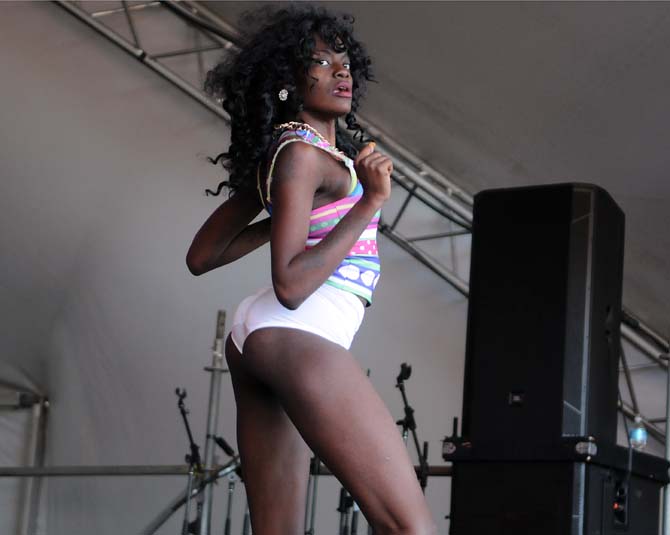By now most of us have heard about twerking. The booty-popping dance involves bending over and shaking whatever kind of backside you have. While to some this may seem like a new fad, this dance craze actually has been around for quite some time. University students may not realize that the roots of twerking run close to home.
While the origin of twerking is not verified, it’s the general consensus that twerking began in the early ’90s in New Orleans by way of the bounce music scene. Since then, twerking has become a fixture in the hip-hop community.
The Twerk Team is a group of women who got together in 2005 to perform twerk performances at various parties throughout Atlanta. They surged to popularity through YouTube videos going viral of their extreme twerking abilities. Say what you will about twerking, but these girls can move. That takes some serious talent — or at least physical ability. They are part of the movement that brought twerking into the limelight.
The peak of the twerking phenomenon came with the Atlanta hip-hop wave at the turn of the century, when the Ying Yang Twins made some of the best twerk music of all time. To this day, “Get Low” can get any club crowd going. As time went on, more artists made twerk music, and twerking began to spread in popularity beyond the South.
Which brings us to the present-day, widespread fascination with the dance that has been around for about two decades. We can thank Miley Cyrus for the buzzword status of twerking. However, there are some negative implications of the newfound popularity.
Here’s the issue: Miley is using twerking (and by extension, the black culture) as an accessory — something she can put on and take off. She can benefit from the fun or cool aspect but she doesn’t have to deal with negative aspects like racial profiling and other things that plague the black community.
All the attention Miley has drawn to the act of twerking that was once limited to a certain subculture has led to the idea that the word “twerk,” which previously was not implicitly obscene, is suddenly explicit. Some people may think the act of twerking is obscene or over-sexualized, but the actual word is not obscene. In the “We Can’t Stop” video, the word “twerk” is spelled out with alphabet soup, but many airings have censored the shot.
Aside from the negative attention, twerking is all in good fun. Sometimes people can take things a little too seriously and read too far into it. The twerking phenomenon may be a hot topic right now, but it’s always good to know the origins of the trend.
Log onto lsureveille.com to check out a twerk song playlist to hear some throwback twerk songs and a few new ones too.
Shamiyah Kelley is a 20-year-old communication studies senior from Irmo, S.C.
Opinion: Twerking should be respected as fun, cultural tradition
September 11, 2013
A member of New Orleans Bounce dances onstage October 28, 2012 at the Voodoo Music and Arts Experience.







